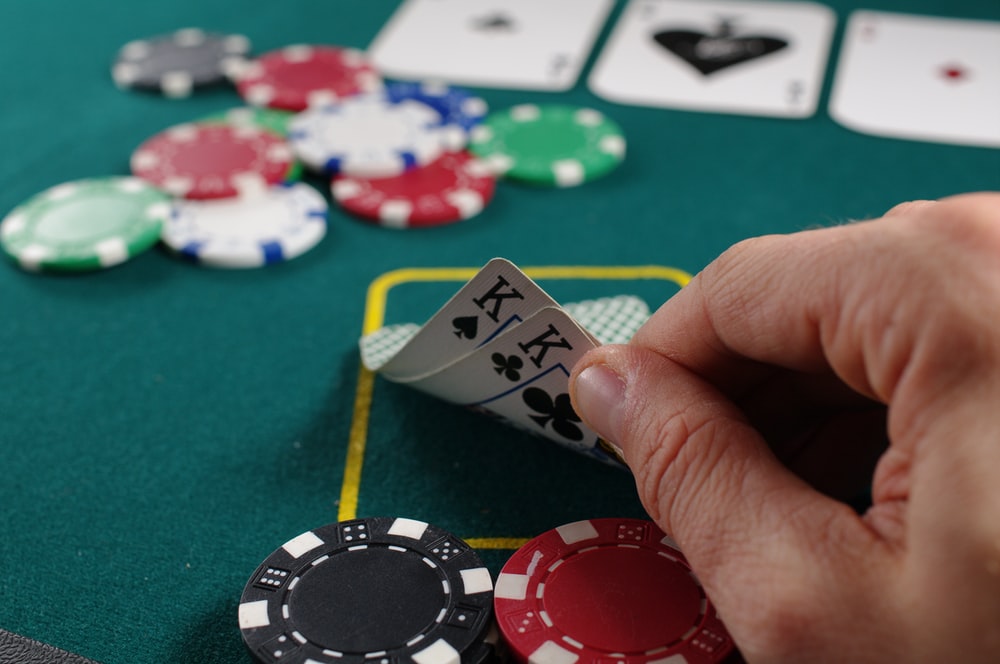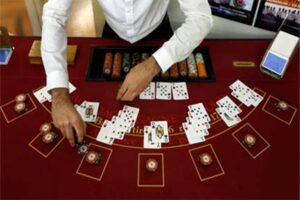
There are several sorts of gambling games. Many are strategic games in which a player must plan their movements and deploy an army. Racing simulator series such position are also available. These simulations are intended to assist players become better acquainted with a specific sport. Some games are humorous, while others imitate the sensation of participating in a genuine sport. However, the primary reason individuals play such games is for amusement. Games are cultural universals that may be found in any civilization. Many ethnographers have observed that communities that lack games are likely examples of deculturation. You can also play gambling games like bandar qq online
Furthermore, games are more likely to exist at higher degrees of political integration and social stratification. This is especially true of politicians who use symbols to their advantage. It’s crucial to realise that games aren’t simply for kids in these civilizations. A game with an obvious purpose, for example, is unlikely to be a good game for an old person, but it might be a nice way to pass the time. A game’s objective is to teach, challenge, and enhance one’s talents. Games are a fantastic way to convey one’s thoughts. Those that excel at them will be able to create their own works of art, making the process more pleasurable and productive.

Others, on the other hand, want to get excellent at a certain talent rather than just increase their skills. Chess is an excellent illustration of this. Some gambling strategy is also involved, so you can play in bandar qq online. Games are cultural universals as well. A civilization devoid of games is most often a culture in the process of decolouration. Some ethnologists even reported missing games, but these were incorrectly omitted. Games, in additional to being cultural universals, are a type of human activity that may be extremely beneficial. As a result, the value of gaming in society should not be underestimated. Professional athletes, for example, are often modest percentages of the broader population. As a result, many believed that individuals in any given culture should place a higher value on games.







